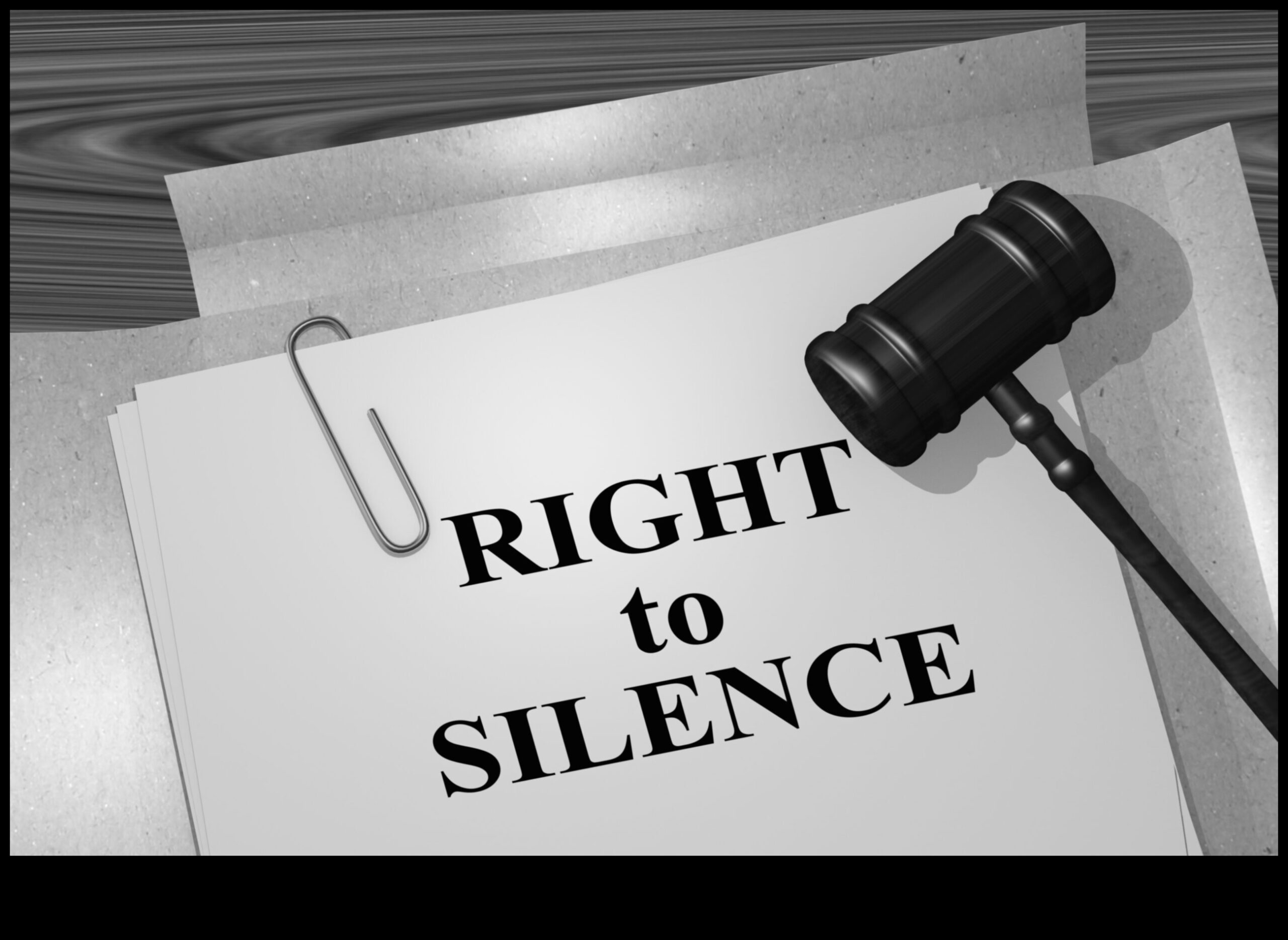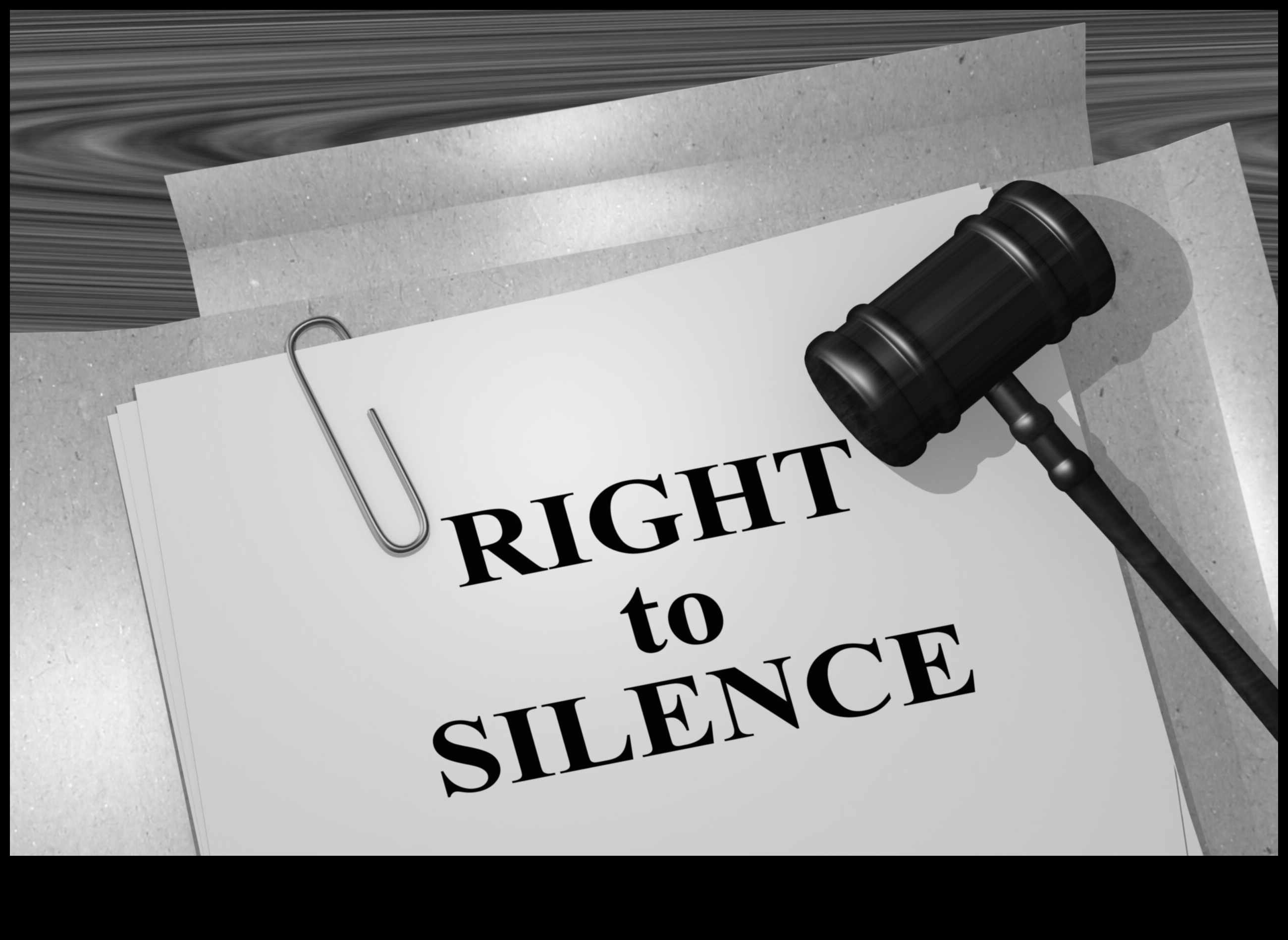
I. The Fifth Amendment
II. History of the Fifth Amendment
III. Protections Under the Fifth Amendment
IV. Examples of the Fifth Amendment in Action
V. The Fifth Amendment and the Supreme Court
VI. Criticisms of the Fifth Amendment
VII. The Fifth Amendment in Modern Society
VIII. The Fifth Amendment and the Future
IX. Conclusion
X. FAQ
fifth amendment
pleading the fifth
self-incrimination
privilege against self-incrimination
Fifth Amendment privilege
People searching for this keyword are likely trying to determine whether or not pleading the fifth amendment is an admission of guilt. This is a legal question, and the answer depends on the specific circumstances of the case. In general, pleading the fifth amendment does not constitute an admission of guilt, but it can be used to avoid incriminating oneself.
| Feature | Definition |
|---|---|
| Fifth Amendment | A constitutional amendment that protects individuals from being compelled to testify against themselves in criminal cases. |
| Pleading the fifth | The act of invoking the Fifth Amendment privilege against self-incrimination. |
| Self-incrimination | The act of providing information that could be used to convict oneself of a crime. |
| Privilege against self-incrimination | The right to refuse to provide information that could be used to convict oneself of a crime. |
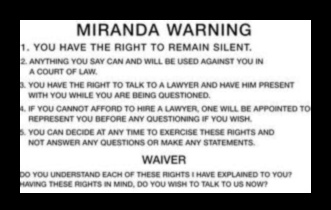
II. History of the Fifth Amendment
The Fifth Amendment was adopted on December 15, 1791, as part of the Bill of Rights. It was one of the first ten amendments to the United States Constitution. The Fifth Amendment was drafted by James Madison and is based on English common law.
The Fifth Amendment protects individuals from being compelled to testify against themselves in criminal cases. It also protects individuals from being subjected to double jeopardy, meaning they cannot be tried twice for the same crime. The Fifth Amendment also protects individuals from being forced to give incriminating evidence against themselves in civil cases.
The Fifth Amendment has been interpreted by the Supreme Court to apply to both federal and state governments. In the case of Miranda v. Arizona, the Supreme Court held that the Fifth Amendment requires law enforcement officers to inform suspects of their right to remain silent and to have an attorney present during questioning.
The Fifth Amendment is an important protection for individual rights. It prevents the government from using its power to coerce individuals into incriminating themselves. The Fifth Amendment also helps to ensure that the criminal justice system is fair and just.
Protections Under the Fifth Amendment
The Fifth Amendment protects individuals from being forced to incriminate themselves. This protection is
known as the privilege against self-incrimination. The privilege against self-incrimination applies to both
criminal and civil cases.
The privilege against self-incrimination is not absolute. There are a number of exceptions to the privilege,
including:
- Testimonial immunity
- Compulsory process
- The public safety doctrine
- The dying declaration exception
Testimonial immunity provides protection from self-incrimination when a witness is granted immunity from prosecution for the crimes they testify about. Compulsory process allows a witness to obtain the testimony of a third party who is necessary to their defense. The public safety doctrine allows the government to compel testimony when it is necessary to protect the public from imminent danger. The dying declaration exception allows a witness to testify about their own death or the death of another person, even if it would incriminate them.
The privilege against self-incrimination is a fundamental right that protects individuals from being forced to
incriminate themselves. The privilege is essential to a fair and just criminal justice system.
4. Pleading the Fifth
Pleading the fifth amendment is the act of refusing to answer a question or provide testimony on the grounds that it may incriminate the person. The fifth amendment to the United States Constitution protects individuals from being compelled to testify against themselves in a criminal case. This right is also known as the privilege against self-incrimination.
Pleading the fifth amendment does not constitute an admission of guilt. However, it can be used to avoid incriminating oneself. For example, if a person is asked a question about their involvement in a crime, they may plead the fifth amendment in order to avoid incriminating themselves.
The fifth amendment privilege against self-incrimination is a fundamental right in the United States. It is important to protect this right in order to ensure that individuals are not forced to testify against themselves in a criminal case.
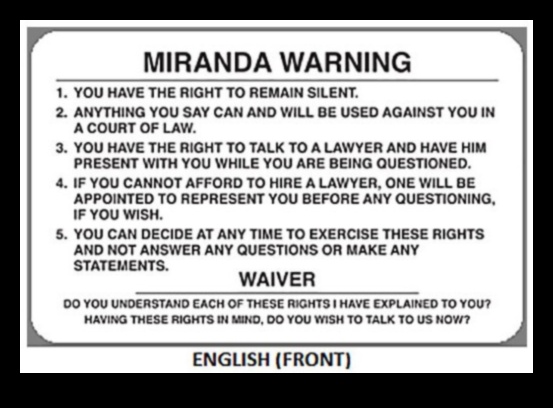
V. The Fifth Amendment and the Supreme Court
The Supreme Court has played a significant role in interpreting the Fifth Amendment. In a series of landmark cases, the Court has ruled that the Fifth Amendment protects individuals from being compelled to testify against themselves in criminal cases. The Court has also held that the Fifth Amendment applies to the states through the Due Process Clause of the Fourteenth Amendment.
One of the most important cases interpreting the Fifth Amendment is Miranda v. Arizona (1966). In this case, the Court held that the police must inform suspects of their rights before questioning them. These rights include the right to remain silent, the right to have an attorney present, and the right to have the charges against them read to them.
The Miranda decision has been controversial, and there have been a number of attempts to overturn it. However, the Supreme Court has reaffirmed Miranda in a number of subsequent cases.
The Fifth Amendment has also been used to challenge other types of government action. For example, in Griswold v. Connecticut (1965), the Court held that the right to privacy is protected by the Fifth Amendment. This decision overturned a Connecticut law that prohibited married couples from using contraceptives.
The Fifth Amendment has played a vital role in protecting the rights of individuals against the government. It is a fundamental part of the American criminal justice system and one of the most important protections in the Bill of Rights.
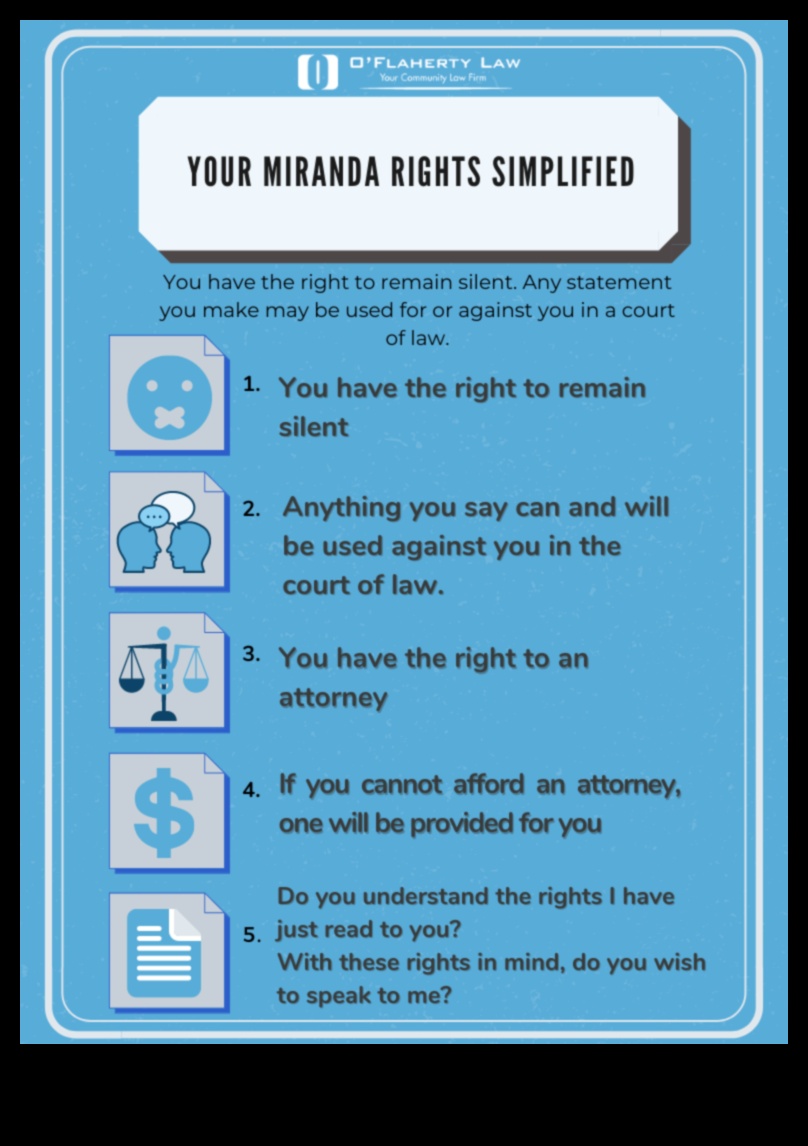
VI. Criticisms of the Fifth Amendment
The Fifth Amendment has been criticized on a number of grounds. Some of the most common criticisms include:
- It can be used to protect criminals from prosecution.
- It can be used to hide the truth from the government.
- It can be used to delay or even prevent justice from being served.
Despite these criticisms, the Fifth Amendment remains an important part of the American criminal justice system. It protects the rights of individuals against the power of the government, and it helps to ensure that everyone is treated fairly under the law.
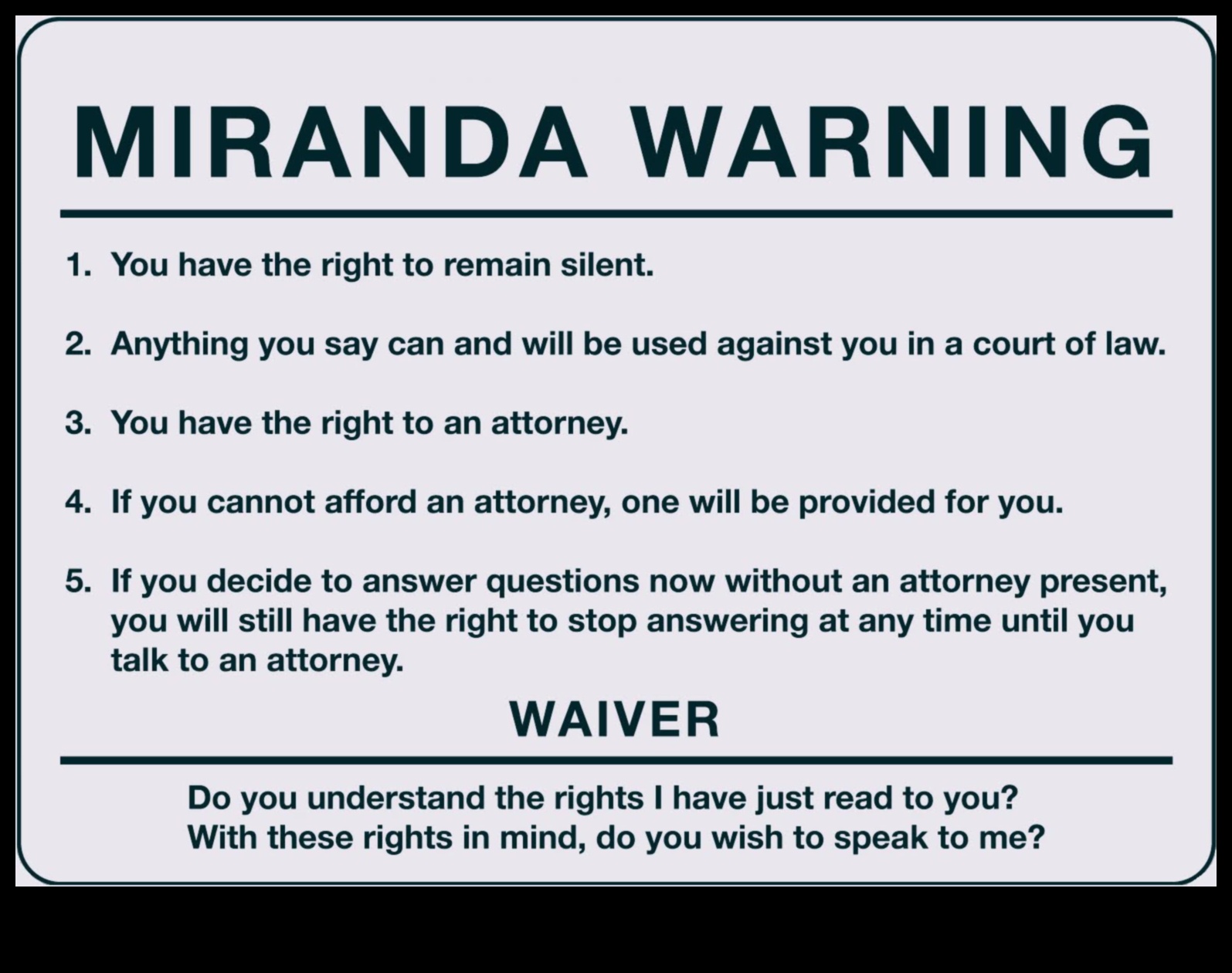
VII. The Fifth Amendment in Modern Society
The Fifth Amendment has been interpreted and applied in a variety of ways in modern society. Some of the most important cases involving the Fifth Amendment include:
- Miranda v. Arizona (1966): The Supreme Court ruled in this case that the police must inform suspects of their rights before questioning them.
- United States v. Salerno (1987): The Supreme Court ruled in this case that pretrial detention is constitutional if it is based on a showing of probable cause and a risk of flight or danger to the community.
- Boumediene v. Bush (2008): The Supreme Court ruled in this case that the detainees at Guantanamo Bay have the right to challenge their detention in federal court.
The Fifth Amendment has also been used to challenge government surveillance programs, such as the NSA’s warrantless wiretapping program. In 2015, the Supreme Court ruled that the government’s bulk collection of phone records was unconstitutional.
The Fifth Amendment continues to play an important role in protecting the rights of individuals in modern society. It is a vital part of our system of checks and balances, and it helps to ensure that the government does not infringe on our fundamental rights.
The Fifth Amendment and the Future
The Fifth Amendment has been a part of the United States Constitution for over 200 years, and it has played a vital role in protecting the rights of citizens. In the future, the Fifth Amendment is likely to continue to be a source of legal debate and controversy. However, it is also likely to continue to be an important protection for the rights of all Americans.
The Fifth Amendment is a fundamental right that protects individuals from being forced to testify against themselves in a criminal case. It is a powerful tool that can be used to protect innocent people from being convicted of crimes they did not commit. However, the Fifth Amendment can also be used to shield guilty people from prosecution. As such, it is a delicate balance that must be struck between the rights of the individual and the interests of society.
The Fifth Amendment has been interpreted and applied by the Supreme Court in a number of cases over the years. The Court has held that the Fifth Amendment protects individuals from being compelled to testify against themselves in a criminal case, even if the testimony would be incriminating. However, the Court has also held that the Fifth Amendment does not protect individuals from being compelled to provide incriminating information in other contexts, such as grand jury investigations or civil lawsuits.
The Fifth Amendment is a complex and nuanced right that has been the subject of much debate and discussion. It is a right that is essential to our system of justice, but it is also a right that can be abused. As such, it is important to understand the Fifth Amendment and its implications for our criminal justice system.
Question 1: What is the Fifth Amendment?
The Fifth Amendment to the United States Constitution protects individuals from being compelled to testify against themselves in criminal cases. It also protects individuals from being forced to provide incriminating evidence against themselves.
Question 2: What is pleading the fifth?
Pleading the fifth is a legal term that refers to the act of invoking the Fifth Amendment privilege against self-incrimination. When a person pleads the fifth, they are refusing to answer a question or provide evidence that could be used to incriminate them.
Question 3: Is pleading the fifth an admission of guilt?
No, pleading the fifth is not an admission of guilt. It is simply a way for a person to protect themselves from being compelled to testify against themselves or provide incriminating evidence against themselves.
Answer 1: The Fifth Amendment is the fifth of the ten amendments that form the Bill of Rights to the United States Constitution. It was adopted on December 15, 1791, and protects individuals from being compelled to testify against themselves in criminal cases. It also protects individuals from being forced to provide incriminating evidence against themselves.
Answer 2: Pleading the fifth is a legal term that refers to the act of invoking the Fifth Amendment privilege against self-incrimination. When a person pleads the fifth, they are refusing to answer a question or provide evidence that could be used to incriminate them.
Answer 3: No, pleading the fifth is not an admission of guilt. It is simply a way for a person to protect themselves from being compelled to testify against themselves or provide incriminating evidence against themselves.
